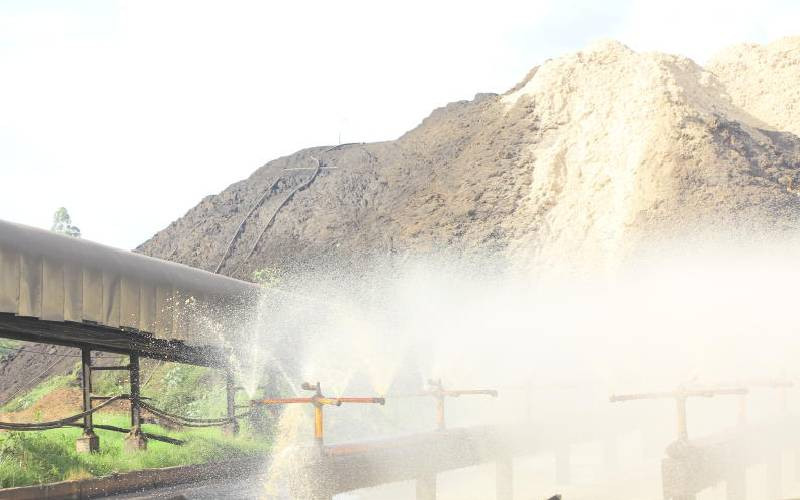×
The Standard e-Paper
Smart Minds Choose Us

We arrived at Enoosaen shopping centre in Kilgoris, Narok county as the sun sank towards the horizon; the slanting rays of the setting sun gave a warm orange tinge to the sky.
The shadows slipped up the rocks as though the world was drowning in darkness. We retired to bed early since we were tired after a five-hour journey.